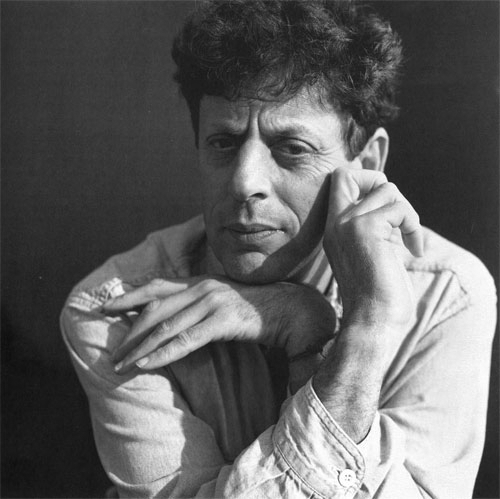Join Tricycle for a special evening of international music and celebration.
“In the Spirit: Music from the World’s Greatest Traditions” will feature the New York City premiere of Songs of Milarepa, composed by Philip Glass and set to poems by Milarepa (1052–1135), a famous saint and poet of Tibet. The evening will also include performances by Pomerium, Riyaaz Qawwali, Foday Musa Suso, Wu Man, Omar Faruk Tekbilek, and the Scorchio Quartet.
Details:
Thursday, October 24, 7:30 p.m
The Townhall, 123 West 43rd Street
Tickets can be purchased at ticketmaster.com or by calling 800-982-2787.

Composer and Tricycle Foundation Chairman of the Board Philip Glass began studying violin at age 6. After graduating from the University of Chicago at age 19 in mathematics and philosophy, Glass was determined to become a composer—a goal he would accomplish after attending the Julliard School. But it was during his training with French composer Nadia Boulanger that his interest in Buddhism piqued. While training with Boulanger, Glass was asked to transcribe the Indian music of Ravi Shankar. Soon after, Glass made the first of many trips to India. His Buddhist study and meditation practice began at that time.
In this excerpt from “Listening to Philip Glass,” Glass discusses how easy it is to not listen. And how detrimental that negligance can be.
The problem with listening, of course, is that we don’t. There’s too much noise going on in our heads, so we never hear anything. The inner conversation simply never stops. It can be our voice or whatever voices we want to supply, but it’s a constant racket. In the same way we don’t see, and in the same way we don’t feel, we don’t touch, we don’t taste.
We don’t listen because our internal environment is not conducive to listening, and we have this tyrannical, despotic editor who has his own ideas! Or her own ideas. We have a tyrant-censor who controls everything that comes in. So between the environment and the despot, the chance of our hearing anything becomes very remote! Somehow we manage. More or less. We can get directions to the Brooklyn Bridge, we more or less can meet our friends at dinnertime.
Being a composer is about listening. Being a musician is about listening. Listening properly or performing becomes a kind of harmonizing of parts of our being—our intellectual center, our emotional center, and our moving center. So when you’re performing, in the best sense you harmonize those three centers in this way. And the doorway—again the doorway—to performing is to listen. It’s the activity of listening that activates these three areas, and it’s in the way they work together that the performance takes place.